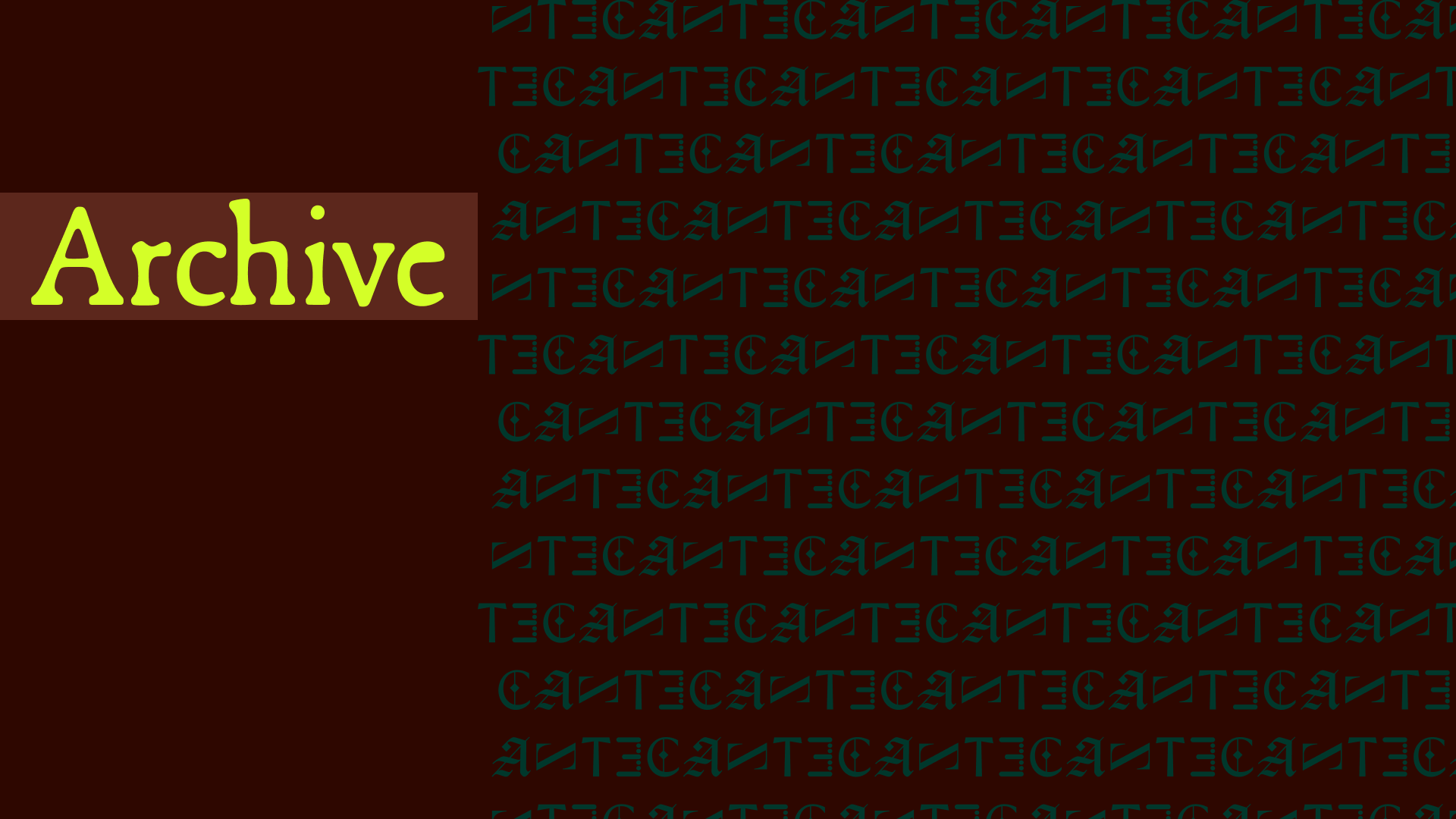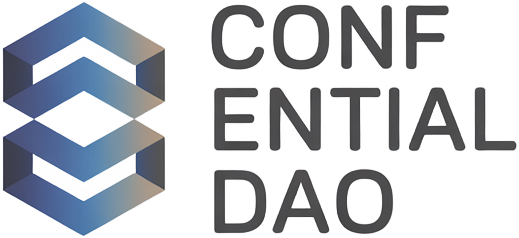
Privacy and transparency have long been at odds in the world of decentralized governance. As DAOs mature, the need for confidential decision-making is becoming just as critical as maintaining public trust through transparent treasury management. Aztec Network, Ethereum’s privacy-first Layer 2, is rapidly transforming this landscape by introducing programmable privacy tools that let DAOs have it both ways: shielded governance and open financials.
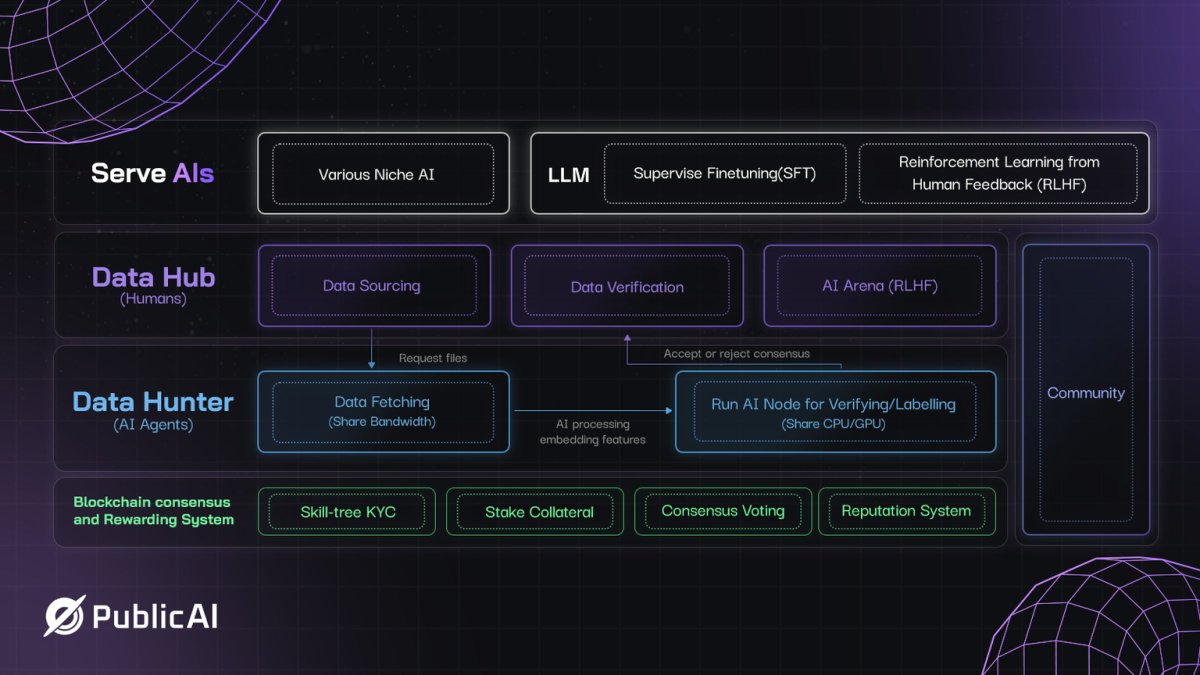
Programmable Privacy: The New Standard for DAO Governance
The rise of programmable privacy is a watershed moment for DAOs. Traditionally, blockchain governance has been constrained by the public nature of on-chain data. Every proposal, vote, and treasury transaction is visible to all, a feature that ensures accountability but also exposes participants to risks like coercion, collusion, and targeted attacks.
Aztec Network offers a nuanced solution. Its zero-knowledge rollup technology enables selective disclosure: DAOs can keep sensitive governance processes, such as voting or internal deliberations, private while allowing treasuries to remain fully auditable on Ethereum’s mainnet. This isn’t just theoretical; real-world use cases are already emerging.
Case Study: Private DAO Voting Goes Live
NounsDAO has become a pioneer in confidential DAO voting by leveraging Aztec’s zero-knowledge proofs. In their recent final update, NounsDAO demonstrated how secret ballots and hidden outcomes can coexist with auditable results. Individual votes remain shielded from public view, yet the aggregate outcome is transparent and verifiable by anyone on-chain.
This approach addresses one of the most persistent challenges in decentralized governance: how to protect voter anonymity without sacrificing legitimacy or auditability. The result is a system where members can vote freely, without fear of retaliation or social pressure, while the community retains confidence in the process.
Transparent Treasuries Meet Confidential Governance
The market context only underscores why this duality matters now more than ever. As of September 2025, Ethereum (ETH) trades at $4,476.39, reflecting robust demand for secure L2 solutions that enhance both scalability and privacy. DAOs are increasingly managing treasuries worth millions (sometimes billions) of dollars in assets. Stakeholders demand transparency over these funds, but they also expect discretion when it comes to strategic decisions or sensitive proposals.
Aztec’s protocol allows DAOs to publish treasury transactions publicly while shielding specific governance operations from prying eyes, a paradigm shift for organizations seeking both legitimacy and operational security.
What sets Aztec Network apart is its commitment to programmable privacy as an enabler for nuanced DAO operations. By allowing organizations to configure which aspects of their activities are public and which remain confidential, Aztec empowers DAOs to move beyond the one-size-fits-all transparency model of legacy blockchains. This flexibility is crucial for DAOs navigating regulatory uncertainty, competitive environments, or simply striving to protect member autonomy.
Key Benefits of Programmable Privacy for DAOs Using Aztec
-
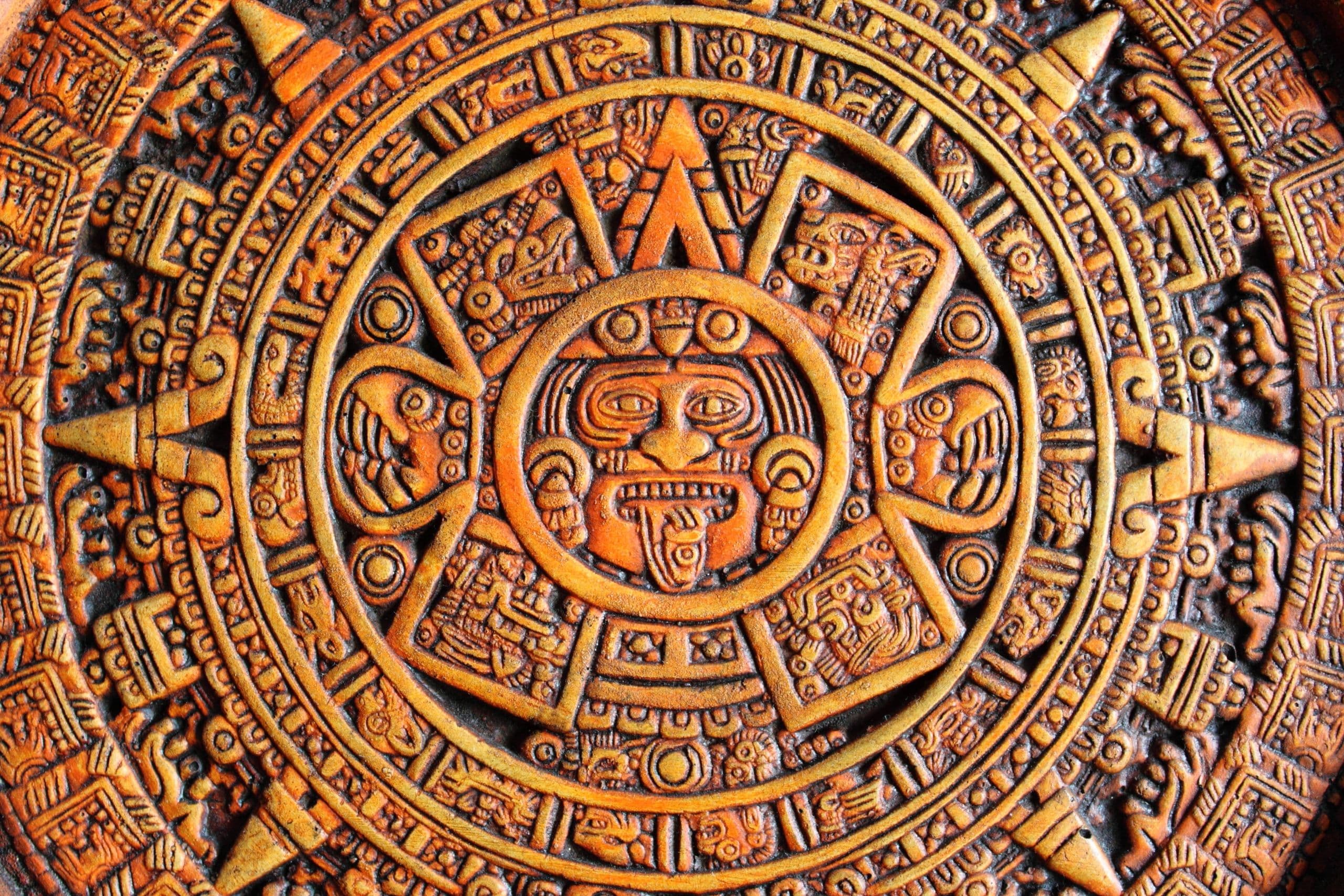
Confidential Voting with Public Results: Aztec enables DAOs to conduct private, anonymous voting using zero-knowledge proofs, ensuring that individual votes remain secret while the overall outcome is transparently auditable on-chain.
-
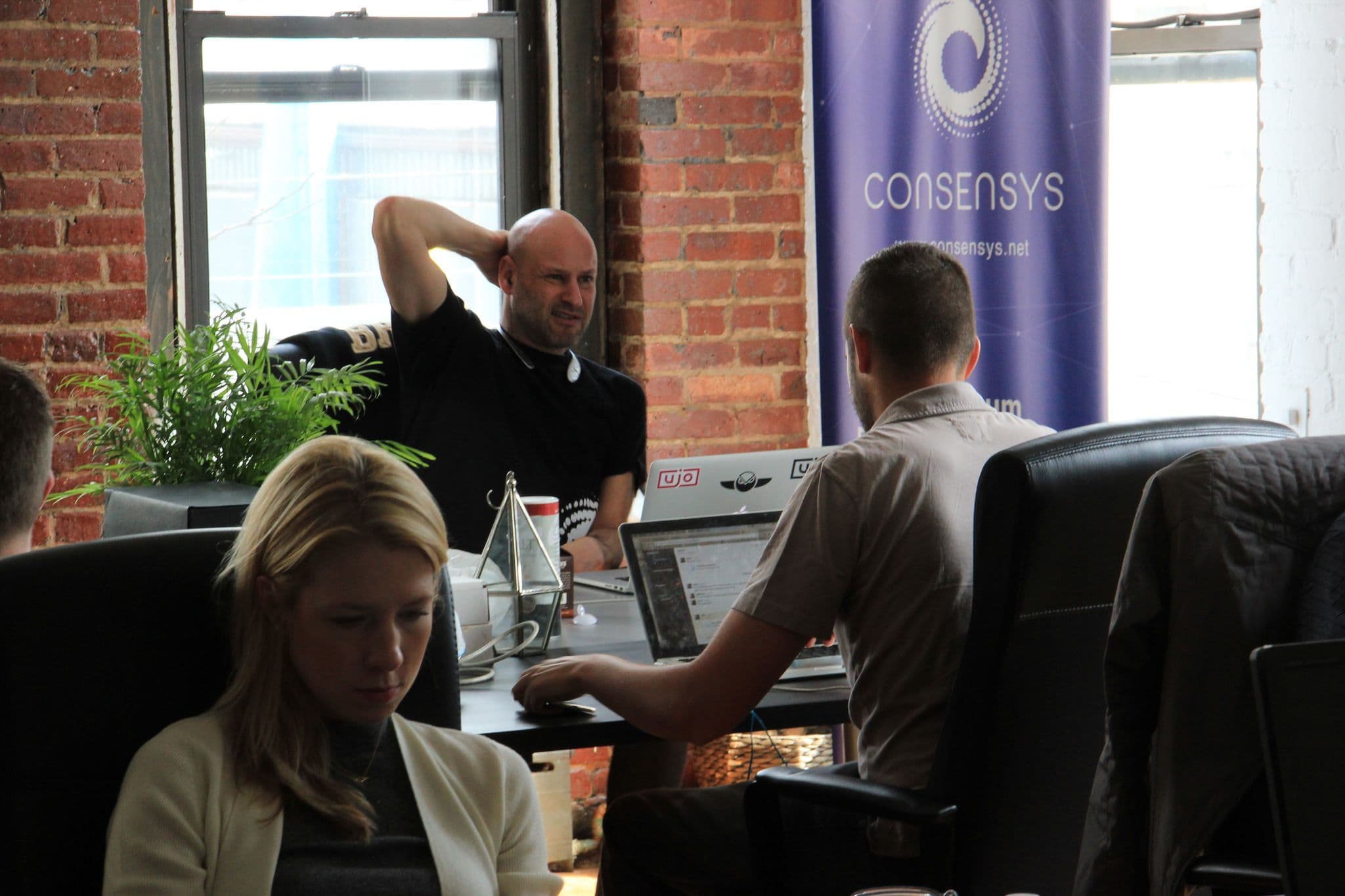
Transparent Treasury Management: With Aztec, DAOs can maintain publicly verifiable treasuries, allowing stakeholders to track fund allocations and expenditures without compromising the privacy of governance discussions or individual transactions.
-
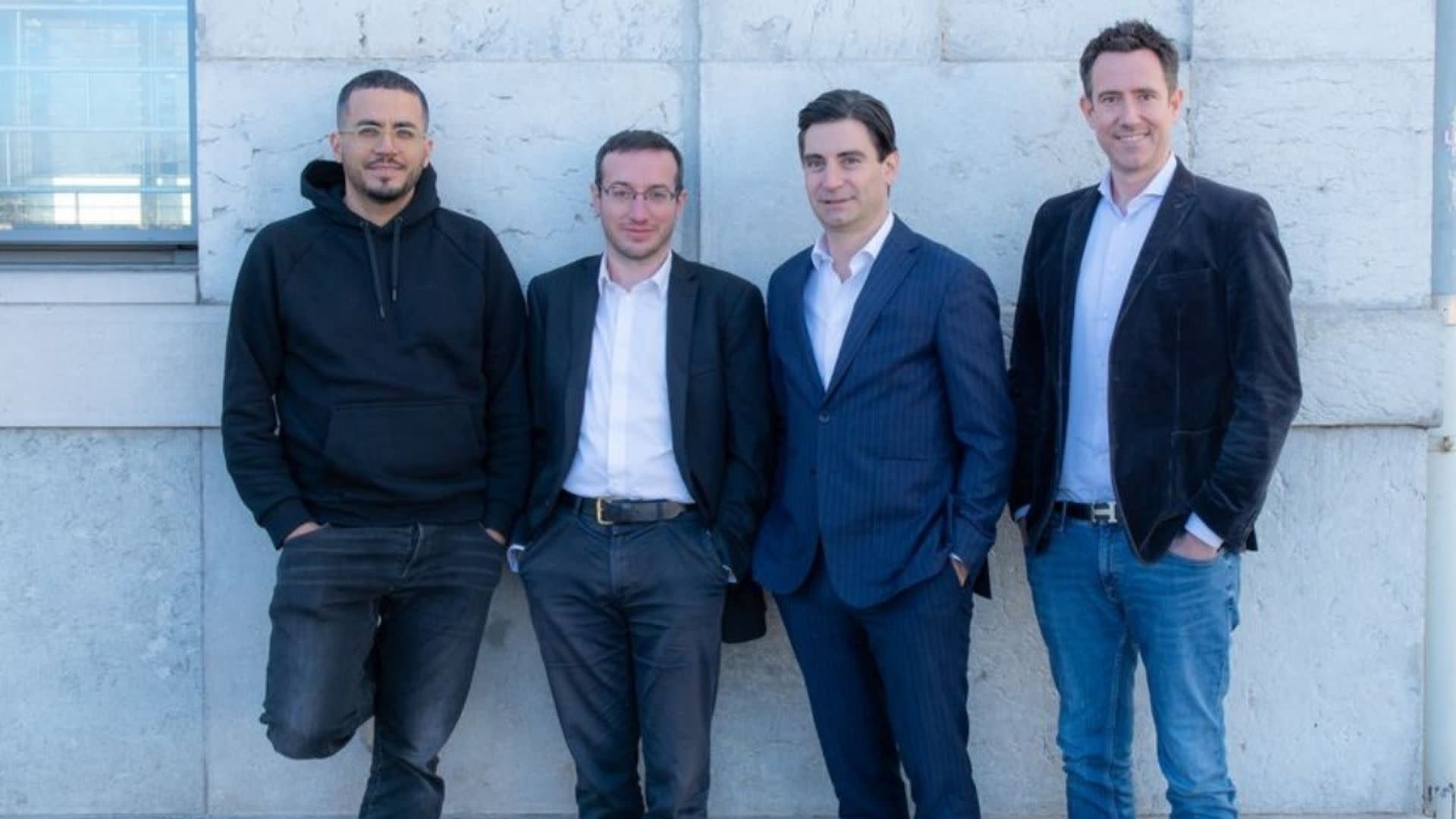
Selective Disclosure for Compliance: Aztec’s programmable privacy allows DAOs to selectively reveal information for regulatory compliance or audits, as demonstrated by Taurus’s privacy-focused stablecoin contract launched on Aztec in June 2025.
-
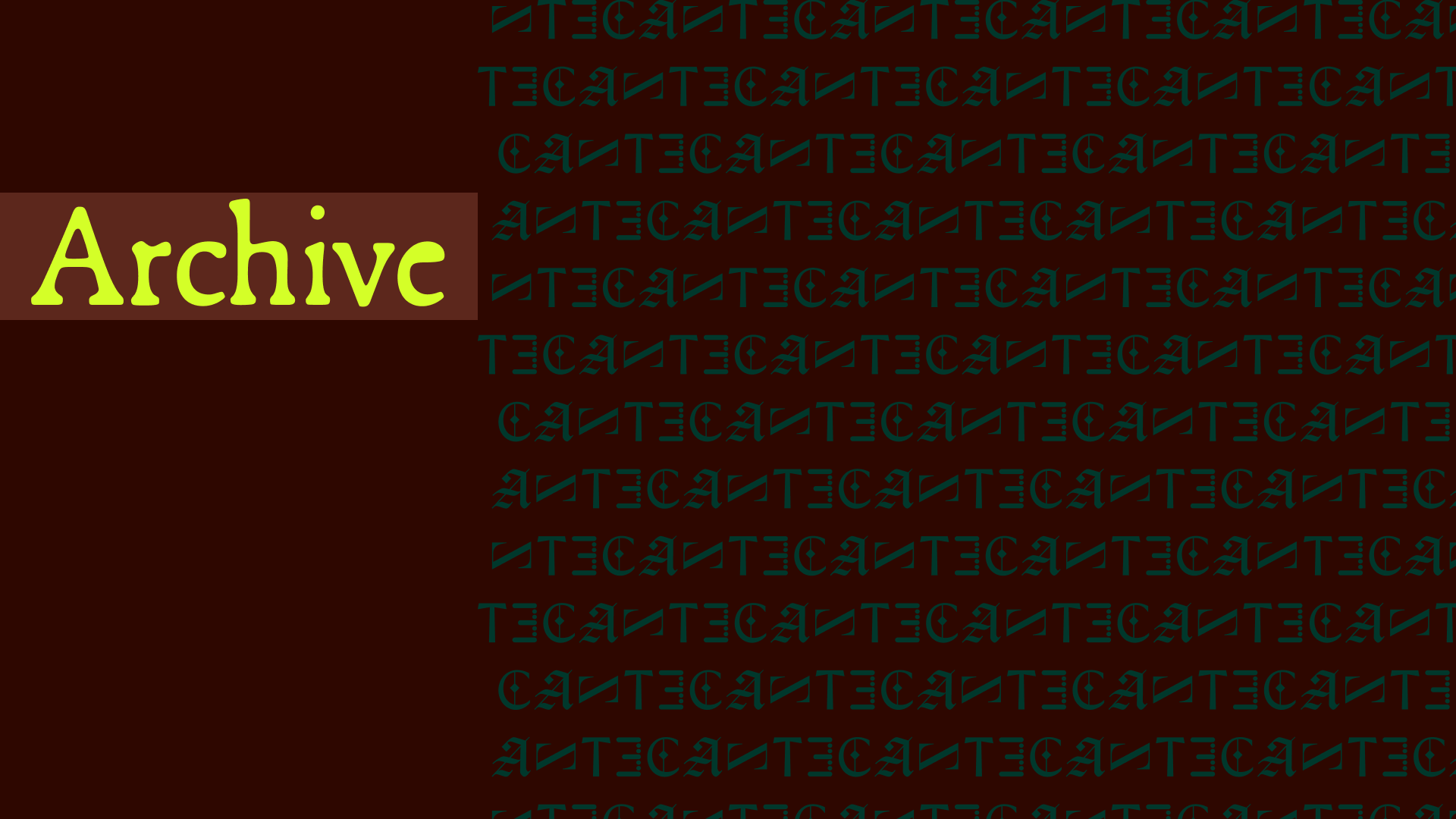
Enhanced Security and Reduced Governance Risks: By keeping sensitive governance processes confidential, Aztec helps DAOs mitigate risks of vote manipulation, collusion, and external pressure, fostering more secure decision-making environments.
-
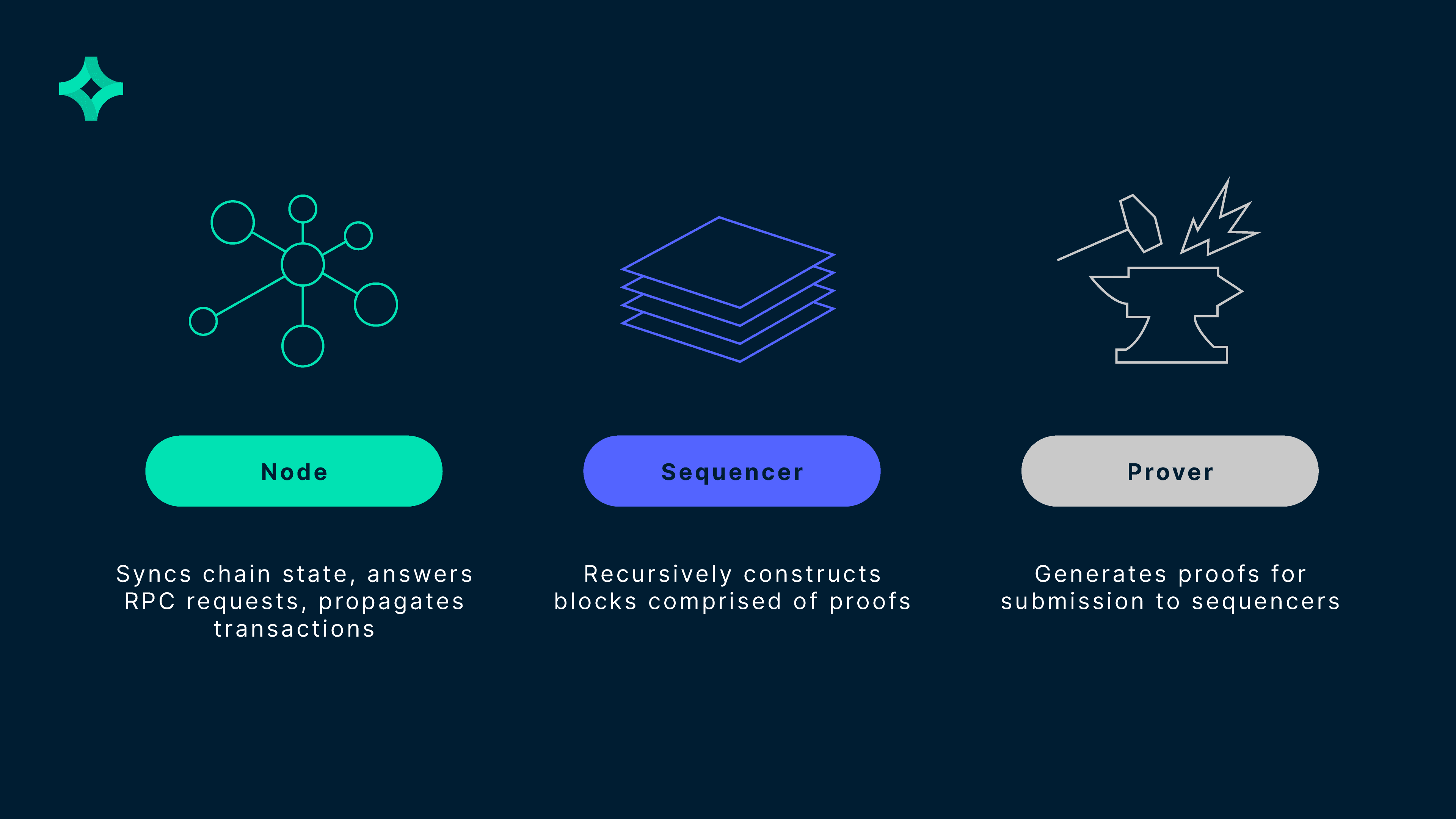
Composable Privacy for Complex Applications: Aztec supports mixing private and public smart contract logic, enabling DAOs to build advanced applications—like confidential auctions or private funding rounds—while retaining transparency where needed.
Consider the recent launch by Taurus, a digital asset infrastructure provider, which deployed a privacy-focused stablecoin contract on Aztec. By combining zero-knowledge proofs with built-in compliance features, Taurus has demonstrated how programmable privacy can serve both innovation and regulatory alignment. These types of contracts enable untraceable yet compliant transactions, proof that confidentiality and accountability are not mutually exclusive in the era of decentralized finance. For more details on this development, see Cointelegraph’s coverage.
Best Practices for Private DAO Voting
The learnings from NounsDAO and other early adopters are rapidly crystallizing into a set of best practices for private DAO voting:
- Use zero-knowledge proofs to shield individual votes while publishing aggregate results on-chain.
- Separate treasury transparency from governance confidentiality: Keep fund flows public but proposals and discussions private.
- Adopt selective disclosure policies, enabling members to verify outcomes without exposing sensitive data.
- Integrate compliance features when necessary, ensuring that privacy does not come at the expense of legal requirements.
This approach is gaining traction as more DAOs recognize the value in protecting member participation from external pressures while maintaining trust through transparent financial operations. As programmable privacy matures, expect these practices to become standard across high-value decentralized organizations.
The Road Ahead: Programmable Privacy as a Competitive Edge
The implications go far beyond governance mechanics. In a world where Ethereum sits at $4,476.39, the sophistication of DAO operations will increasingly hinge on their ability to balance openness with discretion. Programmable privacy is quickly becoming not just a feature but a strategic necessity, enabling DAOs to attract top talent, defend against malicious actors, and innovate without fear of front-running or reputational risk.
The next wave of confidential DAOs will be defined by their agility in leveraging tools like Aztec Network. Organizations that master this duality, auditable treasuries with shielded voting, will set new standards for trust and resilience in decentralized governance.
